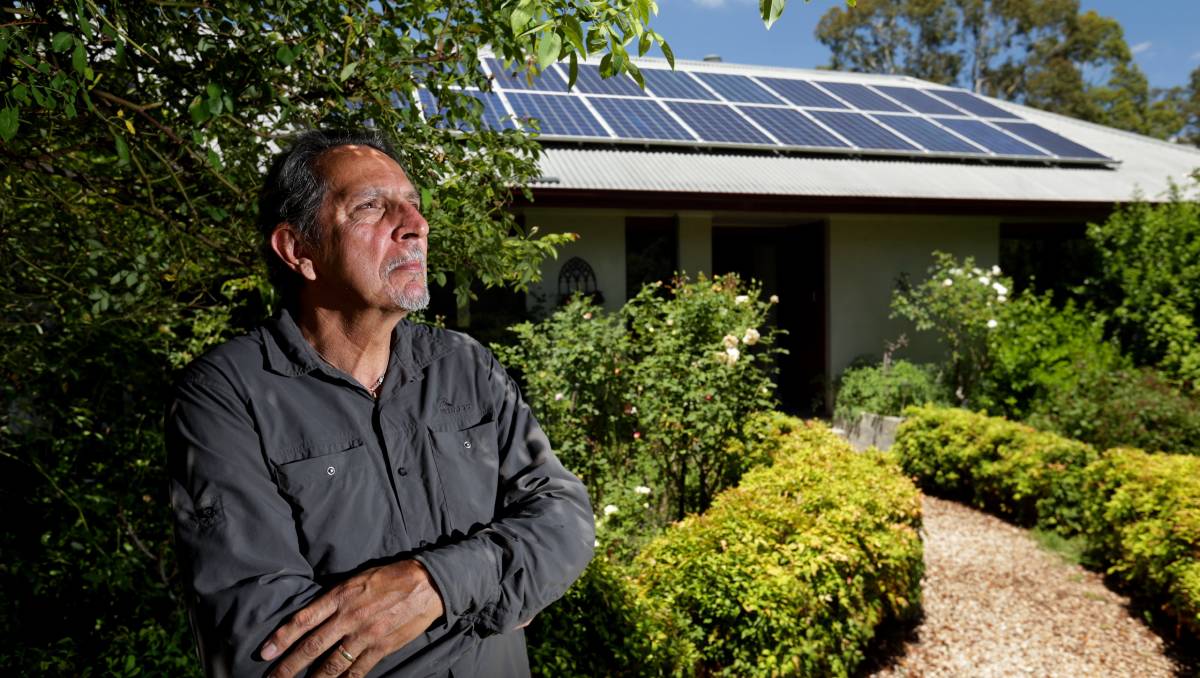
Our brains are easily fatigued — from busy workdays to each minute filled with a constant connection to modern technology.
Our physical and mental well-being has been thrown out of balance, causing a great ordeal to our nervous, endocrine and immune system.
To describe the discomfort and ill health that occurs as a result of the disconnection between humans and the natural environment, Australian environmental studies professor and philosopher, Glenn Albrecht coined the term “psychoterratica” in the early 2000s.
Simply put, it refers to the trauma caused by distance from nature.
In his 2019 published book, Earth Emotions: New Words for a New World, Albrecht introduces us to the new vocabulary needed to describe the full range of positive and negative eco-emotions and proposes a dramatic shift in the way we think about our relationship with our home planet.
The healing power of interacting with nature
Forest bathing, inspired by Japanese oldest pastime known as Shinrin-Yoku (shinrin meaning forest and yoku meaning bath), is credited with helping people maintain health and wellness.
The practise of forest bathing invites you to slow down, to walk in silence and deliberately connect with nature and breathe in volatile substances emitted by trees, called phytoncides (wood essential oils).
In her book, The Healing Magic of Forest Bathing: Finding Calm, Creativity, and Connection in the Natural World, Julia Plevin praises being exposed to nature for saving her life.
After realising how grey indoor environments and a dearth of greenery contributed to her depression and anxiety, she set out to explore the connection between space, nature, health, and design.
Nature therapy (cultivating a connection with our surrounding), especially spending time among trees, became her medicine.
“It is just being out in nature, but for me, it comes with the intention. The intention to slow down, to awaken your senses and to go there knowing the healing benefits of nature,” says Plevin.
With a plethora of research evidence on the transformative power of nature in promoting health and happiness, more and more people are turning to their natural surroundings to unplug from the fast-paced life — and renew energy, boost creativity and spark inner peace.
A research study on “The physiological effects of Shinrin-yoku (taking in the forest atmosphere or forest bathing): evidence from field experiments in 24 forests across Japan” reveals that forests… “promote lower concentrations of cortisol, lower pulse rate, lower blood pressure, greater parasympathetic nerve activity and lower sympathetic nerve activity than do city environments.”
Another study on “Psychological effects of forest environments on healthy adults: Shinrin-yoku (forest-air bathing, walking) as a possible method of stress reduction” indicates that:
“forest environments are advantageous with respect to acute emotions, especially among those experiencing chronic stress. Accordingly, shinrin-yoku may be employed as a stress reduction method, and forest environments can be viewed as therapeutic landscapes.”
One interesting aspect of shinrin-yoku is its effects on our immune system.
Through his research on how the activity of our natural killer (NK) cells are affected by practising forest bathing, Dr Qing Li, an expert in forest medicine and a professor at Nippon Medical School in Tokyo, found out that… “natural killer cells are a type of white blood cell and are so-called because they can attack and kill unwanted cells, for example, those infected with a virus, or tumour cells.”
He writes, “both the number of NK cells and their activity increased significantly both immediately after practising forest bathing, and up to thirty days later.”
Ways to bring nature into your life
Connect with nature outside: walking in the forest, hiking in mountains or a visit to the park can improve your emotional health, heart, muscles, and overall metabolism rate. Spending a part of our working day away from workplace cubicles and the same old office space alone or with co-workers gives an instant boost of freshness to the mind.
Bring nature inside: biophilic design encourages bringing a sense of the natural world into our built environment. It has been suggested that adding natural touches can imbue feelings of comfort and contentment. Wood, for example, when used in interior design has significant health benefits similar to those created by spending time in nature.
Incorporating indoor water features and skylights that permit more natural daylight, using earthy colour and organic shapes that mimic patterns found in nature settings, decorating with lush greenery are just some of the ways to increase the connectivity between indoor spaces and the natural environment
Conclusion
Disconnection from natural surroundings can lead to both mental and physical exhaustion.
A large body of empirical research has revealed that spending time in nature could be used as a therapeutic intervention for those experiencing mental health problems such as stress, anxiety and depression.
Not only do we feel restored when we’ve been immersed in nature, but our senses recalibrate and mental performance improves too.
The quiet calm of nature can do our overstressed brains a favour — it is contagious, awakening the innermost feelings of happiness and peace…




